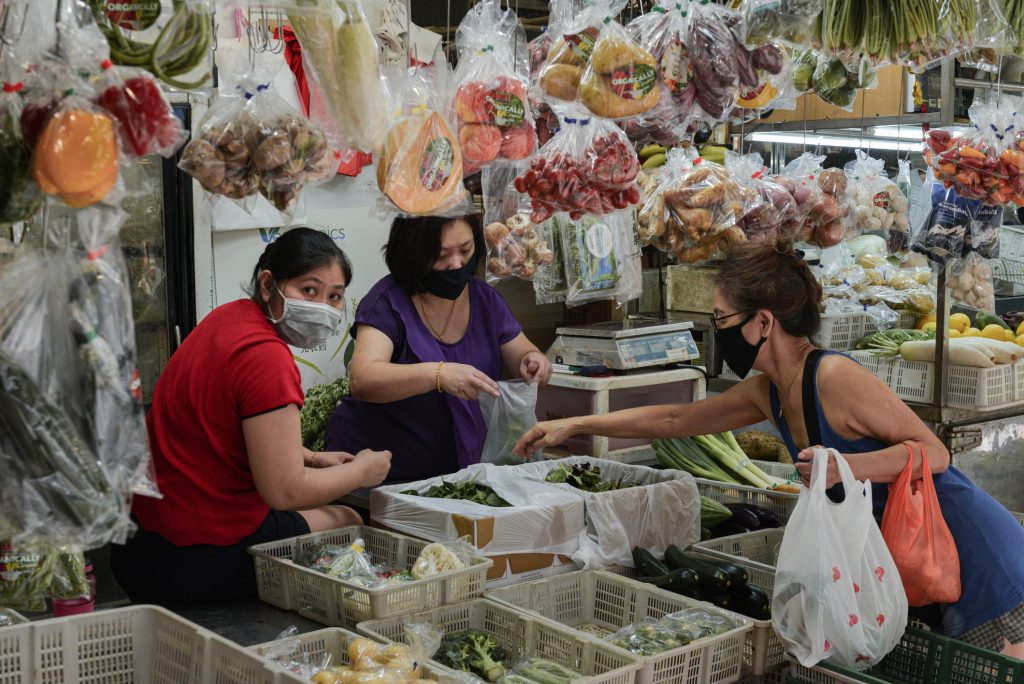Looking to 2021: The pandemic’s impact on society
April 9, 2021

The K-shaped recovery from the depths of COVID-19 has highlighted significant inequalities. Whereas stock markets and Big Tech have thrived, job losses and social impacts have worsened living conditions. In ‘Looking to 2021: The pandemic’s impact on society’ in NUS News, Associate Professor Irene Ng (NUS Department of Social Work) reflects on four inequalities that has and may continue to divide Singapore if left unchallenged.
First, A/P Ng notes the widening wage inequality. The pandemic has disproportionately affected lowest-income earners such as households with earnings in the bottom 20 per cent. Essential yet low-skilled work in the food and retail services have also fallen through the cracks. Although the Singaporean Government has responded by extending the progressive wage model to these occupations, A/P Ng notes that wage inequalities exist beyond these sectors and needs to be addressed.
Second, digital inequality has risen to prominence. Low-income households have been disadvantaged by the lack of electronic devices. Not only were they unable to access work, the lack of digital literacy and infrastructures disconnected residents and migrant workers from loved ones. Although donations and volunteer support plugged some of these gaps, nonetheless as the digital revolution accelerates, digital inequalities could worsen. Thus, A/P Ng suggests universal digital access where digital literacy and infrastructures are considered necessities.
Third, inequality in residency status was exposed. Crammed living conditions exacerbated the spread of COVID-19 within dormitories. The prolonged harsh restrictions to manage their movements worsened their circumstances. Not discrediting the necessity of strict regulations nor the local competition introduced by migrant workers, A/P Ng considers that policies can also recognise their humanity and the need for equal treatment. The differences in treatment between residents and migrants reflects social values placed on these groups.
Fourth, gender inequality in the home has also surfaced. Lockdown conditions highlighted the misogynistic and patriarchal ideologies deeply seated in Singapore. Home responsibilities were unevenly divided, and the rates of domestic abuse of woman and children increased. While social services remedy these issues, A/P Ng advocates for society to change its mindset towards women and their role in society.
A/P Ng concludes by addressing those privileged in society. She recommends that the privileged understand the lived realities of the vulnerable and speak up on their behalf. They can champion the removal of inequalities which can come in the form of unethical work experiences, digital divides, ill-treatment of non-citizens, and gender discrimination.
Read the full article here.
